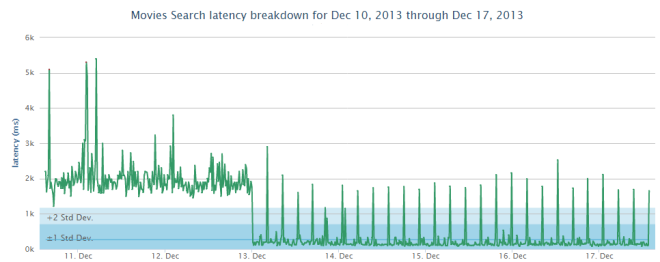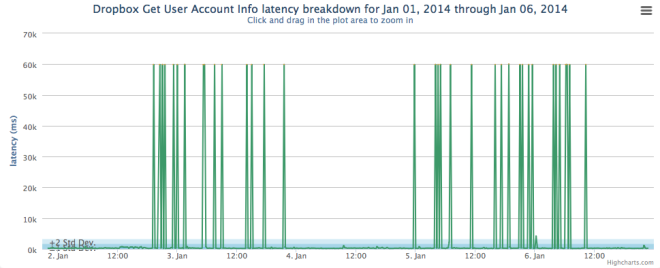Welcome to DeveloperEconomics’ weekly news roundup. In this edition Google is reportedly planning hybrid devices that run both Android and Chrome, game developers boycott Oculus due to its founder’s support for Donald Trump and Google takes its Daydream SDK out of beta. Read on for the full news rundown.
Google planning hybrid Android/Chrome OS tablets
Google is reportedly planning hybrid devices that run both Android and Chrome, according to 9to5Google. The Andromeda project bakes Chrome OS features into Android and is reportedly being released on a Nexus-branded tablet and a convertible laptop. Rumours suggests the laptop device will launch in Q3 2017.
IBM releases IBM Bluemix Runtime for Swift
IBM has introduced a production-ready Swift runtime on the IBM Cloud. The release allows enterprises to take advantage of the server-side capabilities in Apple’s programming language, for building microservice APIs on its cloud platform. IBM says by unlocking Swift for enterprises it’s “reached another milestone” in its “shared journey with Apple.”
Microsoft announces 400m Windows 10 users
Microsoft says Windows 10 now has over 400 million active users. The last update on user growth was in July, when the OS hit 350, just before it ended its free upgrade period. Microsoft’s original goal was to have one billion devices running Windows 10 by 2018, but the company has since backtracked and is not specifying when it will hit the one billion milestone.
Oracle announces new products for cloud platform
Oracle unveiled 20 new products and services for its Oracle Cloud Platform at the annual OpenWorld conference last week. New products include the cloud-based Oracle Database 12c Release 2, along with an SaaS offering, which combines third party data with real-time analytics for “adaptive” app development. During the announcements, Oracle’s CTO Larry Ellison said Amazon now has “serious competition going forward.”
SoundCloud devs must submit application for API access
SoundCloud has announced changes to its API policy, requiring devs to apply for access. The application form asks devs what categories their app falls under, how it makes money and whether the app plays content from the SoundCloud API. SoundCloud says the changes were made to stop apps from using content without the permission of creators.
Mopub modular ad SDK reduces app sizes
Twitter’s MoPub ad network has announced a new SDK that lets devs cut out the ad formats they don’t use. The modular SDK means devs can save up to 60% on disk space for Android apps and up to 35% for iOS apps, without losing any functionality. MoPub says the space savings will be particularly useful for Asia-Pacific devs, where expensive data plans can impact bigger apps.
Google takes Daydream VR tools out of beta
Google has released a new VR SDK, allowing devs to build VR experiences for Daydream-ready phones and headsets. The Daydream VR SDK 1.0 supports “integrated asynchronous reprojection, high fidelity spatialized audio and interactions using the Daydream controller.” The release also supports native integration in both Unity and Unreal Engine 4.
Facebook rolls-out Profile Expression Kit SDK
Developers can now integrate Facebook’s Profile Expression media into the apps. The Profile Expression Kit lets users turn media – such as Vine videos, Bommerang GIFs and Lollicam stickers – into profile pictures. Facebook says profiles are the second most visited surface on Facebook, allowing Expression Kit apps to generate a lot of exposure.
The Onsen UI team has released version 2.0 of its UI framework, which helps developers create native mobile apps with HTML5. While Onsen 1.x was based on Angular JS, the new version has no library dependencies, as well as new Material Design components. The team has also released new and improved documentation to make it easier for devs to get to grips with the framework.
Developers boycott Oculus over Trump-supporting founder
A number of Oculus developers are boycotting the VR platform due to the political views of its founder, Palmer Luckey. According to a Daily Beast report, Luckey funded a pro-Trump activist group, which posted anti-Hilary Clinton ads. Developer Scruta Games said it will “cancel Oculus support” unless Luckey steps down from his position at Oculus.






